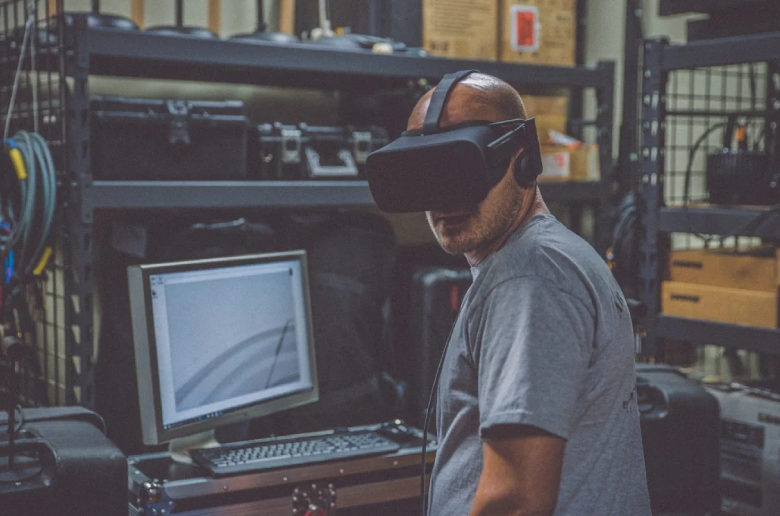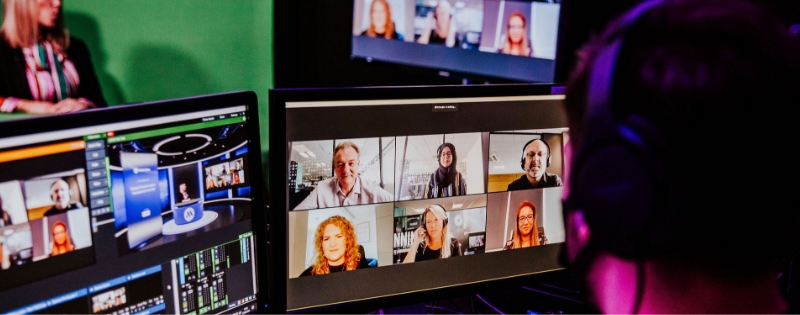From AI to the cloud to robotics and analytics, emerging technologies are transforming the world of Oil and Gas. Digital tools are optimizing processes, reducing costs and lowering risks. But the next-generation oil field requires a next-generation workforce while tapping into the knowledge of seasoned workers. At our most recent NG Oil and Gas Summit, executives responsible for driving digital change made some workforce predictions and examined what the future of work will look like.
Rosemary Freeman, the senior manager of global exploration and production planning at Hess, told a room of her peers, “soon, there will be more data scientists than engineers in Oil and Gas, that’s where technology is taking us.” She went on to say, “in order to keep up with this digital revolution, the C-suite needs to make digital a priority, drive a culture of change and invest in people with great talent.”
Freeman is putting the onus on the C-suite saying, “A lot of what we are predicting in here is not really common knowledge among employees in oil and gas, there is just a subset of people in oil and gas who know how technology is moving and how it will impact oil and gas, they are aware of it in their personal lives but not how fast it could change oil and gas. I think in 2019 this conversation will be louder, and management will have to start to think about this now, not out in the future.”
Automation is certainly making many jobs in Oil and Gas easier, but some believe machines will never do it all on their own. Jim Claunch, the V.P. of Business Efficiency at Equinor says, “I think the future of work in Oil and Gas is a relationship between man and machine. I don’t believe machines will be an independent entity, accountable on its own.”
“We’re going to need translators, people that can speak sub-surface and those who can speak machines and look at code and be able to bridge the two together.“ – Jim Claunch, VP Operational Excellence, Equinor
Claunch, who delivered a keynote address about the future workforce, believes data scientists and traditional engineers are not in sync just yet, rather they speak different languages and therefore, “We’re going to need translators, people that can speak sub-surface and those who can speak machines and look at code and be able to bridge the two together. We’re going to need machine performance managers, making sure they are getting the most out of the algorithms. For many in energy, it’s a cultural issue, creating a culture that is safe where people can have that dialogue.”
Building a culture that embraces digital change is a tough task. Many executives struggle to make sure new processes are understood by all even in a multi-generational workforce. Each generation is different in the ways they like to receive communications and work instruction.
Those finding success in leading cultural change say it comes down to getting leadership on board, listening to the needs of employees and constantly adapting to new processes until you find what works best for your organization. If you can engage employees, you will also empower them.
Claunch surmised, “We need more leaders that truly get digital but also really get the transformation and what’s possible and I think what we’ll see is those companies that have executives that can do that will be successful, the companies that don’t are going to struggle and waste money.”
When it comes to the energy sector and those future jobs, it appears the future is here. According to the U.S. Commerce Department, energy is the third largest industry in the U.S. today and a recent check on Indeed.com showed 281 data scientist jobs listed, specifically in Oil and Gas.
GDS Group hosts experts to help experts. We strive to provide an atmosphere for our attendees that enables them to confidently lead their companies through major transformation projects. For information on upcoming events, view our Technology Summits and Executive Events. To remain current on our activities, visit GDS Group on LinkedIn | Facebook | Twitter.













